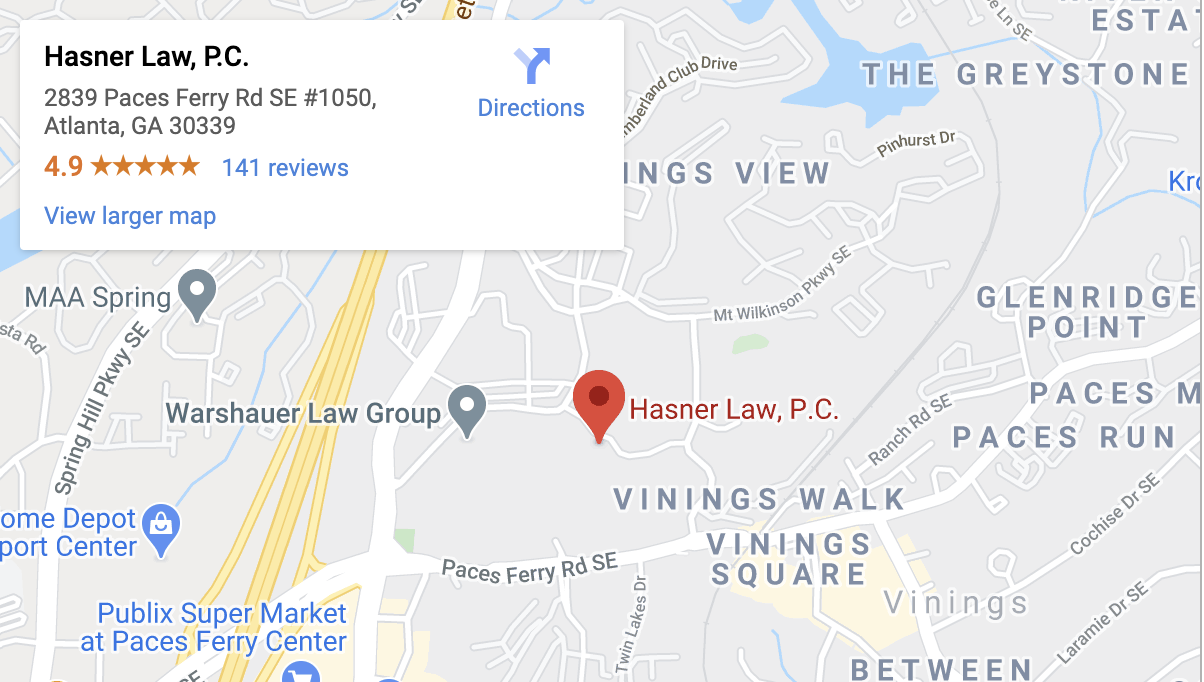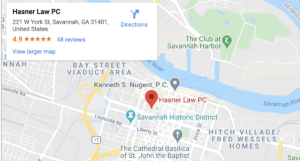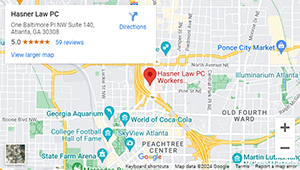Workers’ Compensation Resources & FAQs
When will workers’ comp offer a settlement?
Workers’ comp may offer a settlement when you’ve reached maximum medical improvement (MMI). This means your condition has stabilized, and further improvement is unlikely. At this point, both parties can assess the extent of your disability and future medical needs. Settlements can include compensation for medical expenses, lost wages, and permanent disability.
What does a workers’ compensation lawyer do?
A workers’ compensation lawyer helps you navigate the complex claims process. They ensure you receive the benefits you’re entitled to, such as medical coverage and wage replacement. The lawyer also negotiates settlements and represents you in hearings or appeals. Their goal is to maximize your compensation and protect your rights.
How long does it take to negotiate a workers’ compensation settlement?
The time it takes to negotiate a workers’ compensation settlement varies. It can range from a few months to over a year, depending on the case’s complexity and the parties’ willingness to agree. Factors such as the severity of the injury and the need for ongoing medical treatment can impact the timeline. Prompt and thorough documentation can help expedite the process.
Does surgery increase workers’ compensation settlement?
Yes, surgery can increase a workers’ compensation settlement. It typically indicates a more severe injury, leading to higher medical costs and a longer recovery period. These factors can result in a larger settlement to cover future medical expenses and potential permanent disability. The need for surgery underscores the injury’s seriousness.
What happens if i get fired while on workers’ comp?
If you’re fired while on workers’ comp, you may still be entitled to benefits. Your right to medical treatment and compensation for lost wages generally continues despite termination. However, being fired can complicate the process and may affect the benefits you receive. Legal assistance can help protect your rights in such situations.
How Do Workers’ Compensation Payments Work in Georgia?
In Georgia, workers’ compensation payments cover medical expenses, a portion of lost wages, and disability benefits. You receive two-thirds of your average weekly wage, up to a maximum limit. Benefits are provided for temporary or permanent disabilities, depending on your condition. Payments continue until you can return to work or reach a settlement.





